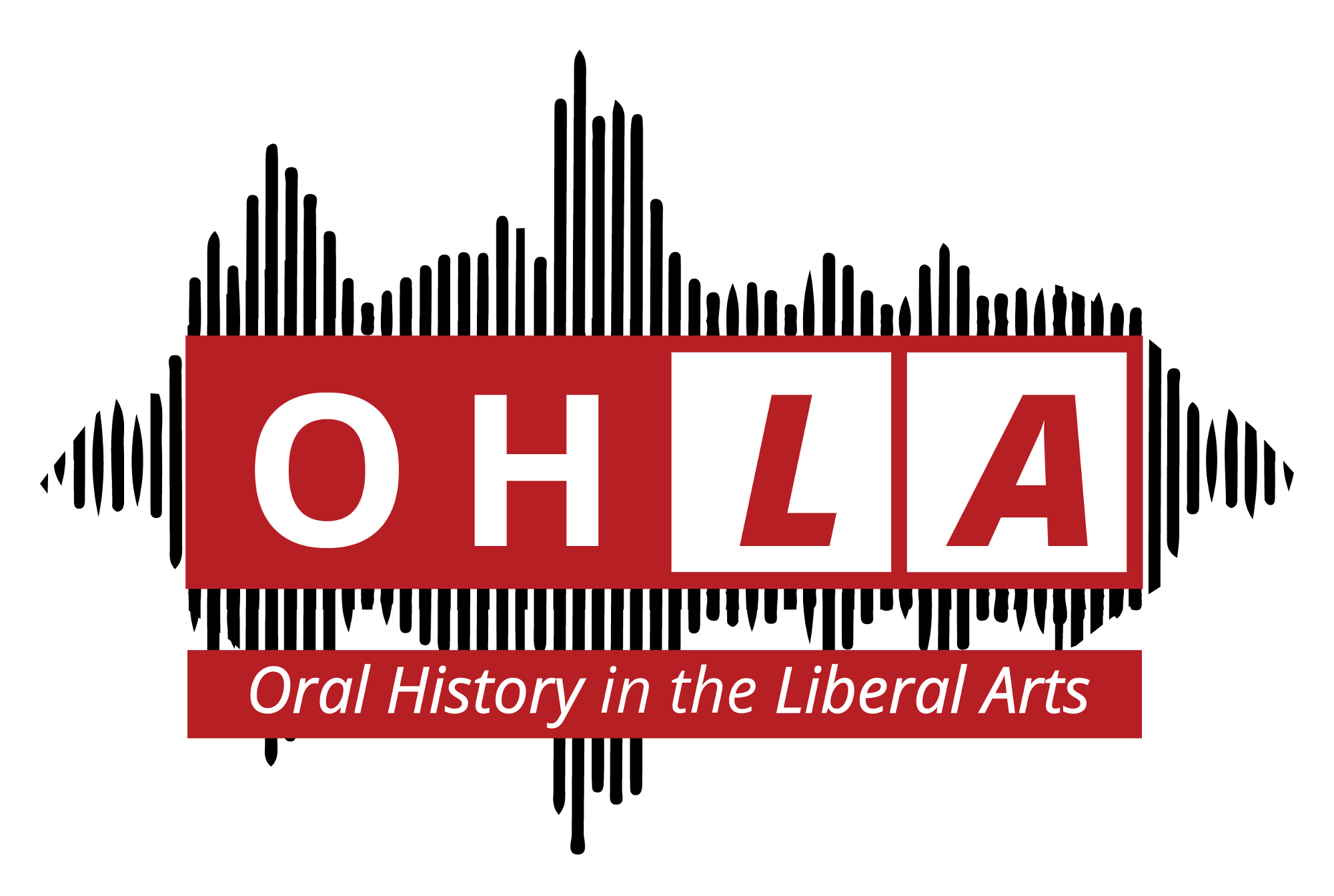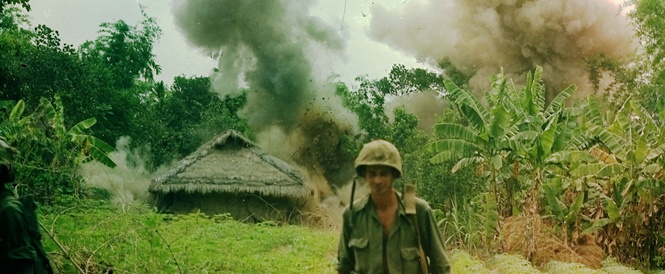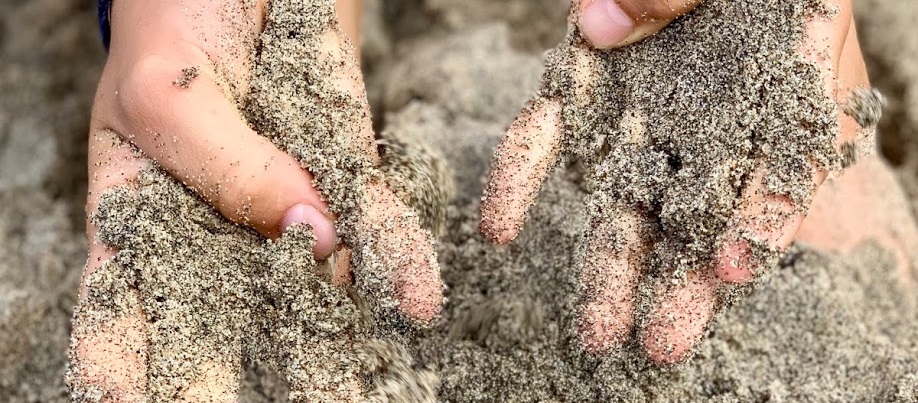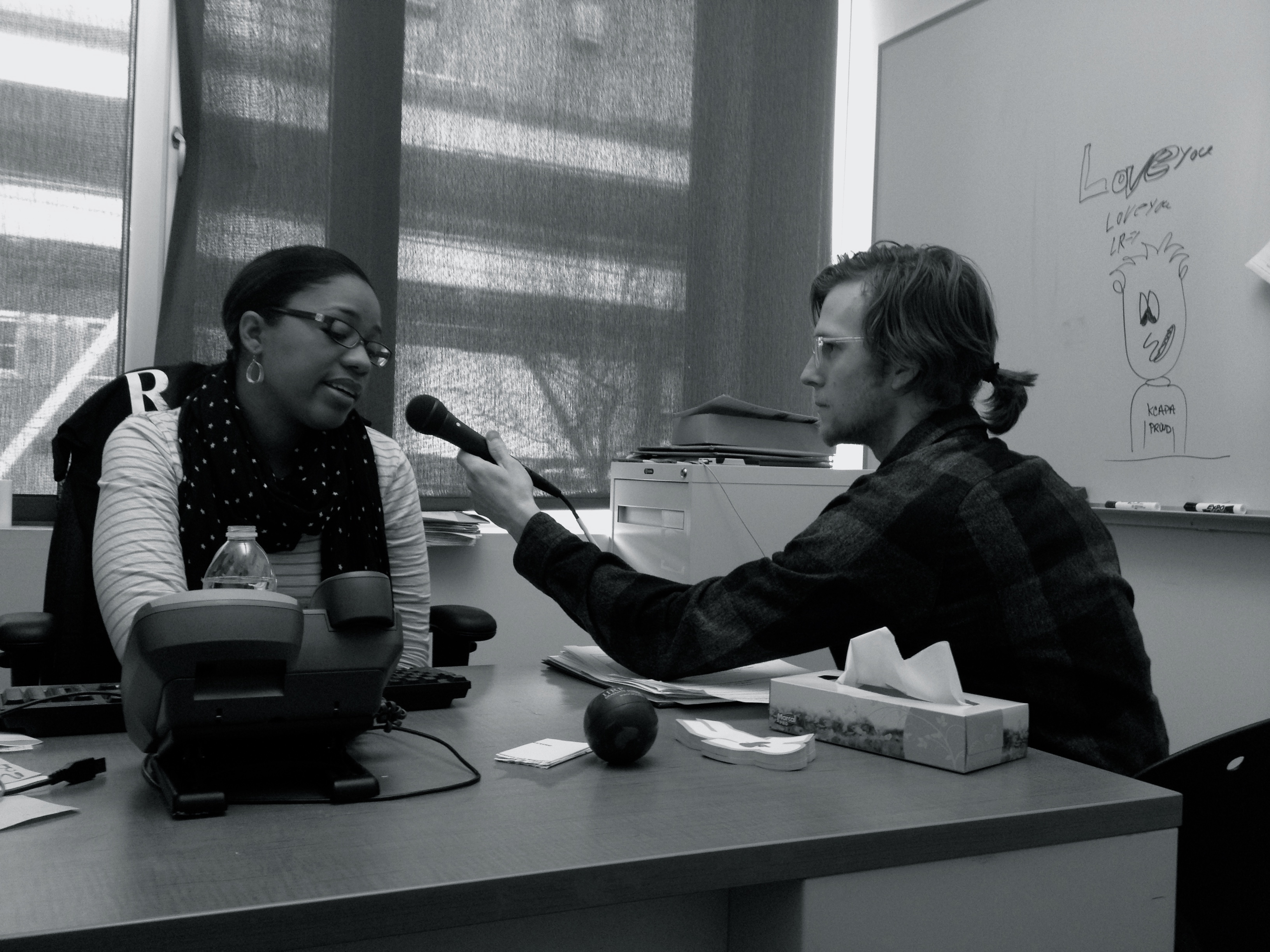Co-authors: Austin Bryant and Ian Little
“What We are Learning About Oral History and the Vietnam War”
In the spring of 2019, as History Departments at institutions of higher education nationwide faced the daunting reality of declining majors and disappearing departments, I had an epiphany. I believed that by combining a traditional historical topic, the Vietnam War, with a “cooler” more modern methodology, Oral History, I could motivate Wabash College students to consider history as a major. As a historian of the Vietnam War, I knew how eager our students were to take courses about war, the military, and global conflict. For four years Wabash men eagerly filled my Vietnam War class hoping to learn about the strategies, battle plans, the heroism of American soldiers and “the fog of war.” While I did my best to address some of these areas, I took a transnational approach emphasizing the human element: motivations, intentions, agendas, politics and diplomacy, and the effects and legacies of the war in the United States and Vietnam. Class readings, movies, and discussions forced students to confront the realities of war as a deeper representation of the human condition.
I included several oral histories among the class sources and found they offered students a more personal and powerful insight into the war. Having relied extensively on Oral History for my own research, I understood the power of a personal story and appreciated the ways that individual experiences reflect historical moments and offer insight into social, economic, and political dynamics of a particular place and period. In 2016, I welcomed my first local Vietnam Veteran to class to speak with students about his Vietnam experience. Alan,1 a Marine Core veteran who served in Vietnam during the critical years of 1966 to 1968 shared his Vietnam War story for the first time in front of a quiet and nervous group of Wabash men. Alan’s story was powerful and difficult as he described experiences and memories he had buried in the painful crevices of his mind almost twenty years ago. His emotions were real and raw and sometimes uncomfortable and even scary. When he was done, both Alan and the students were mentally and emotionally exhausted. The veteran and the students seemed to understand the magnitude of the very personal moment they had just shared and they expressed their gratitude, respect and humanity to and for each other. Alan, his shoulders heavy from the weight he had carried so long, indicated a sense of relief for the opportunity to finally talk.
It was an unforgettable moment in which students learned more about the ways in which the Vietnam War absorbed young American men into a conflict that no one seemed to understand, and which never let them go. Through Alan’s words, students who had never known the responsibility of serving one’s country via the draft or the fear of fighting an “unknown” enemy, experienced a piece of it. For a moment, they connected with the Vietnam War on a personal and human level and that brief interaction offered more insight into the war than any textbook or monograph. It was a moment that students in that class and their professor, will always remember. Recognizing how important Alan’s story was to class experience, I continued to invite local veterans into subsequent classes to share their Vietnam War stories. Each time, I watched as veterans who did not speak about the war to family or friends, opened up to the students with the ease and confidence of a grandfather recounting his childhood to his grandson. Perhaps the veterans could relate to the youthful idealism of men who are the same age now as they were when they went to ‘Nam. The students were enamored with a level of respect for men who served their country and who continue to carry the burden of that service in ways they hope never to have to face. Vietnam War stories had proven a cross-generational connection point at which veterans could heal and students could learn.
Here was my epiphany. By introducing students to Oral History through the Vietnam War students I could engage students in history through a modern medium that required a cross-generational interaction and keep history relevant. More broadly, students could collect, and preserve the oral histories of local Vietnam veterans offering a community-based public history approach to the class that would provide future educational opportunities.
Now that I knew why I wanted to teach this class, the challenge of course was where to begin? How do I prepare a group of undergraduate men to interview Vietnam Veterans? How do I equip them for the trauma? How do I balance the history of the war with the practical application of the interviewing process? How do I give them the skills they need to navigate a line of questioning, a narrator who goes off topic, emotional expression? What do I tell men to do when other men cry? How do I protect both the student and the veteran and how do I measure success? I have to be honest, I am still working this out. As I finish my thoughts, the emerging threat of the coronavirus to the school year and to the nation has exacerbated the challenges of this course and forced students to learn how to interview through a computer screen and telephone without much preparation. As we enter the half-way point in the semester, and students prepare to actually do their interviews, I will let the student’s experiences gauge its success thus far.
Austin Bryant, Junior (History Major)
Creating and recording oral history can be an incredibly daunting task, especially for undergraduate students. However, the students in Intro to Oral History: Vietnam War Stories course accepted the challenge and thus far, it has paid off. We started the class by studying the Vietnam War and its global impact. We read numerous articles and books about the war itself including a number of veteran’s accounts of the war. From a student’s point of view, the format of the class was very interesting and beneficial. Most of us had never truly studied the Vietnam War but we all were eager to learn about it. However, learning about the war also felt extremely rushed, and incomplete. Dr. Thomas acknowledged that the study of the war was rushed due to the class schedule. As students however, we still did not feel we learned enough about the war. This is an area that can be improved and perhaps what would be most beneficial for the future is to make this class a two-semester sequence divided between the Vietnam War and the study of Oral History. Such a format would allow students ample time for an in-depth study of the war before interviewing Vietnam veterans.
Aside from this suggestion, I have truly enjoyed the semester. While the class has experienced a lot of trial and error, it has also had a lot of success. Most notably, students benefited from having Dr. Martha Norkunas, Professor of Oral and Public History at Middle Tennessee State University and a veteran oral historian, work with our class for a number of sessions. Dr. Norkunas’ visit was a reality check for the class and a tremendous learning experience. Even as we prepared for our interviews by watching examples in class and reading about them in the textbooks, we did not fully understand the enormous task in front of us until Dr. Norkunas shared her wisdom. The most powerful part of her visit was the opportunity see an oral history interview in action. Dr. Norkunas conducted one in front of the class with a local Iraq War veteran. The ability to witness and to feel the raw emotion in the room of the veteran as he told his story publicly for the first time was awesome. Observing the interview enabled us to put ourselves in the veteran’s shoes and connect with him during an incredibly vulnerable time. In addition to Dr. Norkunas a number of other professionals offered their insight and advice to better prepare us. One of my personal favorite things we have done is incorporate mini-interviews between our classmates that allowed us time to practice while also forming stronger bonds with each other. In these interviews we were able to put the things we had learned from research and studying in the beginning of the class to the test and figure out what was and was not going to work for us. This proved to be an extremely effective tool for us students, and we got very practical experience.
Constructing oral history is difficult but rewarding. Despite the challenges of learning both the history of the Vietnam War and how to do oral history our class has reached fruition. In the coming few days we will put everything we learned to work and perform interviews with Vietnam veterans. As a class we are all extremely excited and are ready for the task at hand. In these trying times with Covid-19 challenging the world around we hope that doing this interview over Zoom can help bring some light back into the world.
Ian Little, Senior (Theatre Major)
In times when communication is more widely available and faster than ever, listening has become an art form that requires slowing down and zoning in to block out all the noise. I thought I knew what it took to listen before walking into my HIS 240: Vietnam War Stories course at Wabash College. During the first few weeks of class as we learned about the importance and impetus for oral history and discussed the importance of body language I recalled the numerous times previous professors or theatre directors would clap their hands and say, “What did he just say?” It surprised me just how often, many students would have no idea how to answer that question. They were not listening. The same principle applies to oral history. It requires to be in tune and present for extended periods of time, a test of listening endurance. Over the course of the semester, discussing what it means to listen with five other guys, has taught me just how diverse people’s listening experiences are and with our listening exercises, I believe we all deepened our understanding of empathetic listening.
I remember growing up at the foot of my mother’s bed and listening to her and my sisters talk about their days at school, chiming in when they asked me a question, but never discussing my own day. In middle school and high school, I remember learning how to appear attentive and “actively listening” at school assemblies. As a senior theater major in college with years of experience in theater and film, I thought that empathetically listening to war veterans talk of their experiences would come naturally. After all, I reasoned, my experience with theater has given me more tools and knowledge for this course than any previous courses. However, listening to a stranger describe their experiences, without a filter, an agenda or a goal, requires a certain feeling that was absent in my past active listening experiences. It is intimate. As the veteran describes their time in boot camp, or how their father taught them to behave, how they met their wife, or even the simple way they recount what the weather was like when they landed in Iraq, the rest of the world simply disappears.
I did not realize just how quiet a conversation could actually be.
To work, empathetic listening, as we have come to call it, requires a few things: curiosity, honesty, imagination, and most importantly, a view from outside of yourself. The last part, may seem strange; however, regardless of how present the interviewer is, their mind has to allow itself to just soak into the narrator’s story rather than trying to relate it back to their own. I have always wanted to relate or to fix the problems other people reveal in conversations. Maybe this comes from my need to be helpful or to make the other person feel that they are not alone. But with empathetic listening and oral history, these needs, my needs, must be set aside so that I can hear the narrator fully and without judgement.
Of course, more has come out of the course than just listening. My liberal arts
background has taught me to connect my classes across disciplines to get a better world view and an appreciation for the things I learn in each course. In this course I have learned to:
Sit down, clear yourself, and listen. There are always stories to be heard.






